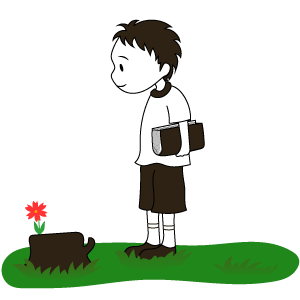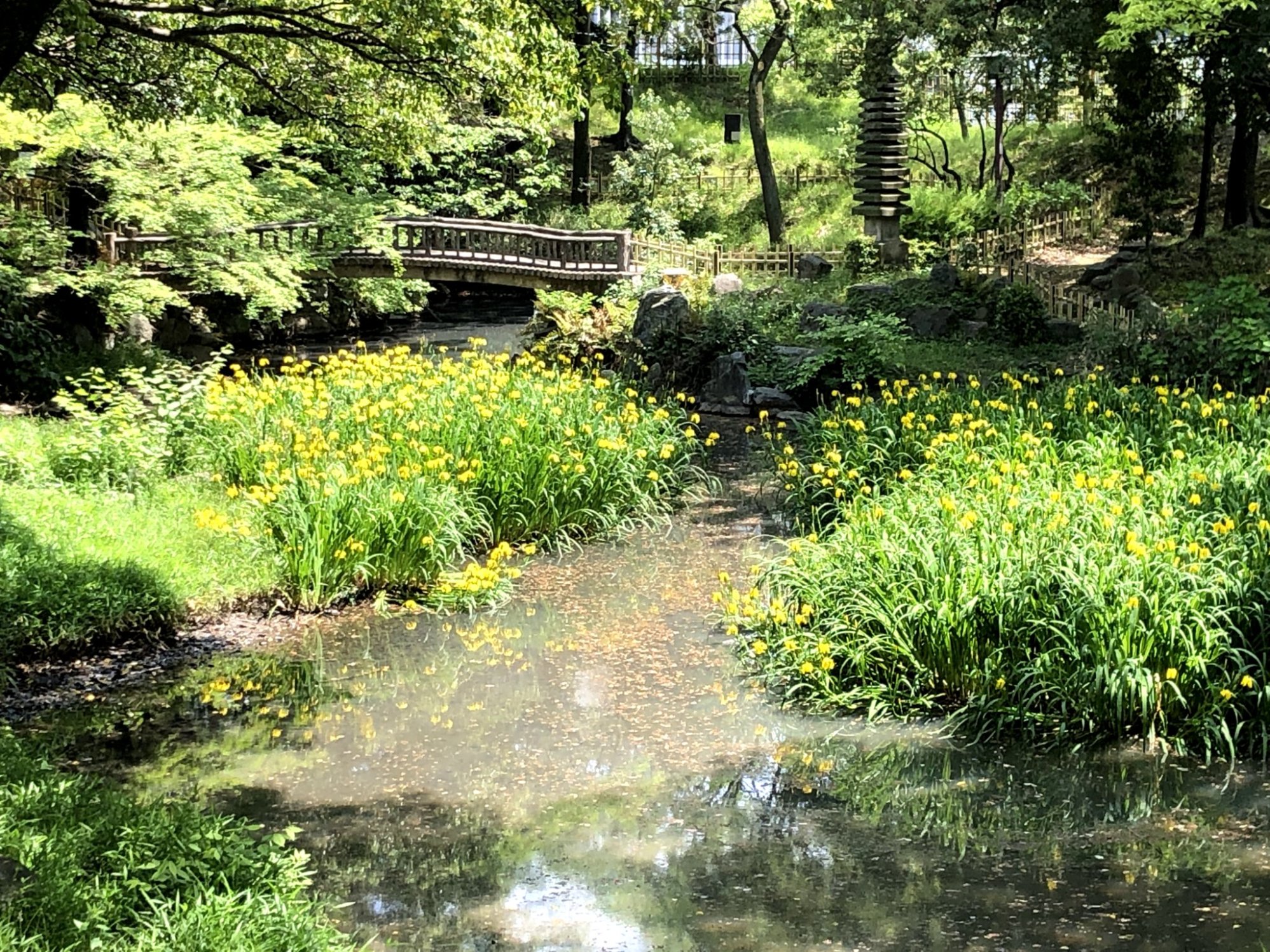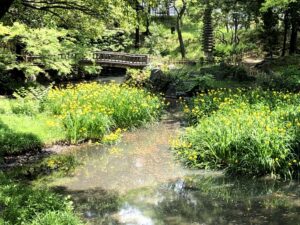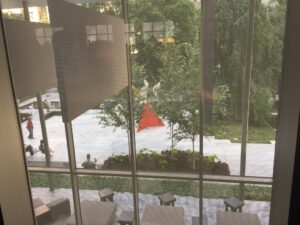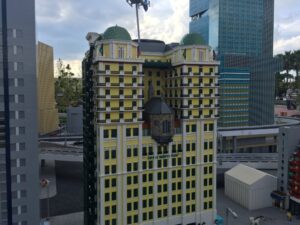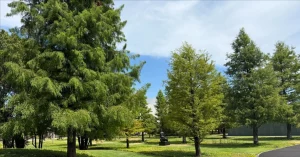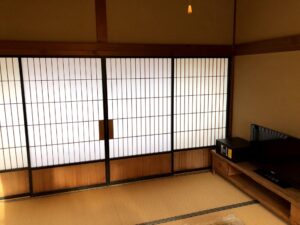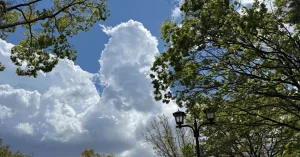There are many people who have gone from TV personalities to politicians, but surprisingly few people have gone from pure novelists to politicians.
In the prewar period, there is even a record of a popular novelist named “Tokai Sanshi” who was elected to the Imperial Diet eight times in a row.
Moving back in time, Shintaro Ishihara and Yasuo Tanaka are probably the most famous novelists-turned-politicians.
However, there are surprisingly few of them, although one would think there would be many more (Naoki Inose is also a writer, but we have treated him as a critic).
I do not intend to ridicule their achievements here, but I believe that novelists and politicians do not go hand in hand. Novelists have a habit of avoiding and shying away from politics. In fact, they even view it as an adversary.
Prewar novelists seemed to think deeply about the relationship between politics and novels. Like the thriving proletarian literary movement, they actively brought political subjects into the novel and even tried to move politics with ideology. At that time, it was even said that literature without politics in it was worthless.
Eventually, however, proletarian literature declined, and political agendas and ideologies were less likely to be included in novels. Instead, individualism emerged, as in the case of Bungakukai, which was led by Kobayashi Hideo. On top of this, Japanese-style private novels began to flourish.
Along with this, writers who changed their political ideology before and after the war in a flip-flop manner were considered to have “turned the other way,” were summed up, and disappeared.
In the postwar period, the ideological nature of the novels faded more and more, and novels that were closer to the real world of sexuality and customs became popular. Representative of this trend is probably Shintaro Ishihara’s “Season of the Sun.
Then, on the eve of the bubble economy, “Somehow, Crystal,” a novel about this trend, became a hit. The author is the aforementioned Yasuo Tanaka. And they happen to have graduated from the same university.
Shintaro Ishihara became a member of the House of Councillors, and Yasuo Tanaka became the governor of Nagano Prefecture.
I won’t go into their achievements as politicians here, but I am more interested in their change of heart and why they decided to pursue politics instead of novels.
From this point on, it would be a selfish guess, but perhaps both of you made your debut at a young age, depicting the customs of youth, even though the views you saw were different. There is no ideology or politics in their stories. On the contrary, it is precisely because there is no ideology or politics in the stories that they have been well received by the public.
However, young people eventually grow old. I think it was Yukio Mishima who once said that novelists who debut at a young age by portraying young people face considerable difficulties in their creative work when they grow up.
Perhaps both of you also faced that difficulty. It takes quite some time for a novelist to conceive of something, give it shape, ask the world about it, and for the results to come. This is probably more true for novels that are deep and profound. I wonder if the two of you, who debuted at such a young age, will be able to wait that long.
On the other hand, in the world of politics, speed takes precedence. The closer the time between ideas and results, the better.
The more political power you have, the more feasible your idea will be. The two of you will give shape to your ideas, or become them. That should be very appealing to a novelist who debuted with a catchy theme at a young age.
You have the power to make your own story come to life. That, I think, is actually the crucial difference between novels and politics, although they are similar.
And conversely, I think the reason why great novelists do not become politicians is because they are attracted to the slowness of realization, where political power does not have the upper hand. The proximity between politics and literature may be like a long-lasting married couple that comes and goes.
See you soon.
